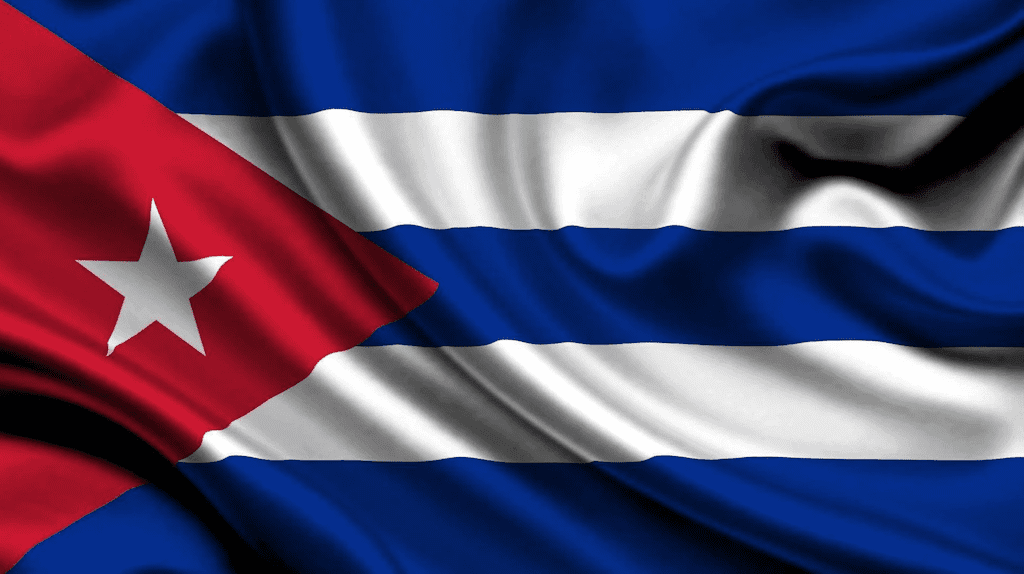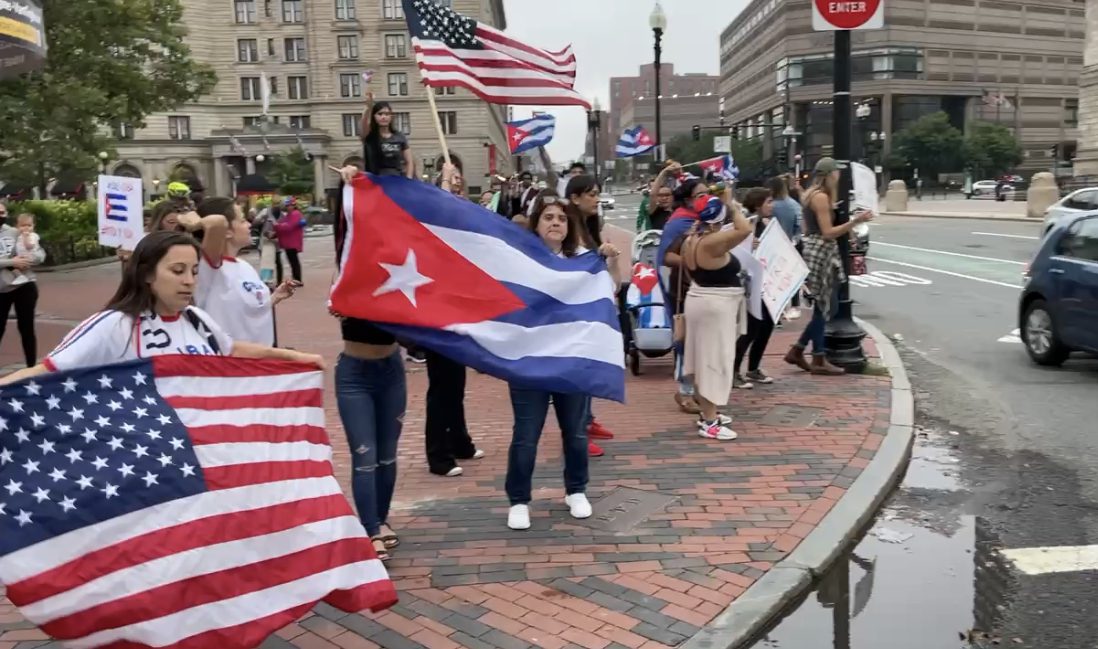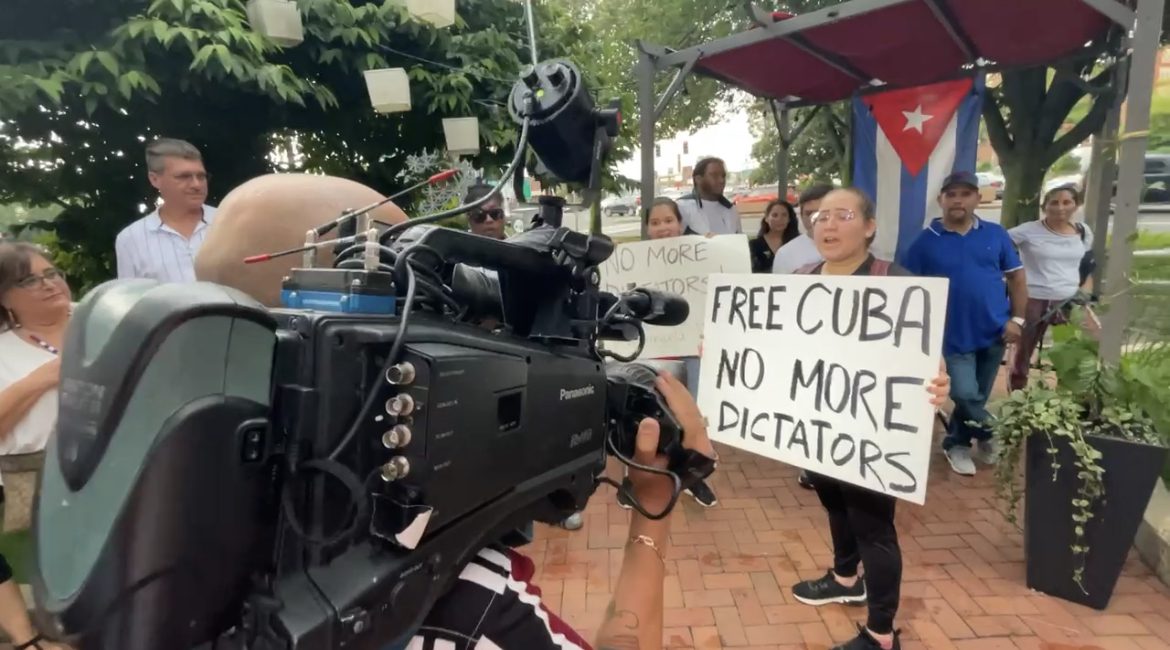
A timely reminder for my city’s city council and our Mayor
By Alberto Vasallo, III
As a proud Bostonian, proudly born and raised here, every so often I feel compelled to remind – or in most cases – help inform my fellow Bostonians regarding Cuba, its unique and complicated role in geo-politics and most importantly, the degree of human pain and suffering its current controversial form of government has inflicted for nearly 63 years as a communist dictatorship.
My father, like more than 4 million all around the world, is a Cuban-exile. His story of escape at the age of 24, the jailing of my grandmother for aiding in that escape and the personal anguish and hurt it still causes him – 58 years later – is one that my sister and I still can’t fully grasp as, even today, he doesn’t get into the full details of the mental and physical tortures she had to suffer because of the torment it rekindles in him.
And what I have learned intimately over the years by hearing many other Cuban exiles here in Boston share their stories, is that this pain and hurt runs deep. Very deep.
Cubans and Cuban-Americans living in Boston and beyond come in all shapes, colors, religions and sizes, but one thing we probably all have in common is a shared sense that our story, our parents’ and grandparents’ painful freedom-seeking journey has either been forgotten or never fully understood.

And now, sadly, so has the story of those still suffering on the island been overlooked and set aside for now.
It will be one year ago on July 11th, that a series of protests against the Cuban government and the ruling Communist Party of Cuba exploded around the island-nation. The protests were among the largest since the Cuban revolution of 1959.
Since then, over the last 11 months, the Cuban government has brutally suppressed the revolt and has been systematically rounding up and jailing those who took part in the demonstrations.
So far, more than 700 people are in detention and last week, on June 24th, the regime handed down over-the-top stiff prisons to two of the movement’s best-known leaders, Maykel “Osorbo” Castillo and Luis Manuel Otero Alcántara. Like many of the most oppressed and alienated people in Cuba, both Mr. Castillo and Mr. Otero are Black; Afro-Cuban.
In collaboration with Black Cuban artists in the U.S., both took part in a music video for the hip-hop freedom anthem “Patria y Vida”
(“Fatherland and Life”), which went viral in February 2021 and won song of the year at the Latin Grammys.
Castillo, 39, a former rapper is now serving nine years in a Cuban jail for “attacks and defamation against the country’s institutions”.
Otero Alcántara, 34, a performance artist and sculptor was sentenced to five years for “insulting national symbols”, an apparent charge for his use of the Cuban flag in his performances.
If these egregious injustices upset you, they should. And they should also be taken into consideration when any conversation takes place in my city over the highly controversial notion of what an ‘exchange and solidarity with Cuba could look like’ with Boston.
This was the topic of a breakfast attended by members of the Boston City Council and Mayor Michelle Wu this week in which the guest of honor was “Her Excellency, Lianys Torres Rivera, the Cuban Ambassador to the United States.”
Again, as a proud Bostonian, with Cuban blood, I feel compelled to remind the members of my city’s governing body and our top municipal leader of a few very basic facts:
> For over 60 years, Cuba’s international record on human rights abuses is the worse of any nation in the Western hemisphere over this period of time.

> The Cuban Communist government’s consistent violation of basic human rights has been globally chronicled and condemned for denying basic freedoms like the right to speak or protest freely, and outlawing any organizations independent of the government.
> Cuban exiles have been proudly contributing and loving this city as it’s own for over six decades and many, if not all, have stories of how the totalitarian system of governance in Cuba played a major role as the purveyor of misery and pain for so many families, like my own, who now represent three generations of proud Bostonians.
> Ironically, as we come to the end of Pride month, the Cuban Revolution’s not-so-well publicized checkered history with the LGBTQ+ population over the past 60 years includes rounding up gay men and forcing them into regime established prison work camps known as Military Units to Aid Production (UMAP), into which it deposited its “undesirable” elements of Cuban society.
I truly hope this adds some insight into a complex but truly fascinating slice of life of another one of Boston’s diverse communities. Our great city is composed of a rich array of interesting people with amazing stories that are yet to be told. I know that my perspective is only one of many other Cuban-American voices here in Boston.
***
Alberto Vasallo, III is the CEO/President of El Mundo Boston, New England’s oldest Latino media outlet, celebrating its 50th anniversary this year.







